Get a best value annual BarefootRoar subscription to keep up to date with innovative new digital content throughout 2024
Worldwide Roar is now BAREFOOT MAN! Learn more

Stay up to date with our latest news, competitions and offers. We look forward to staying in touch.
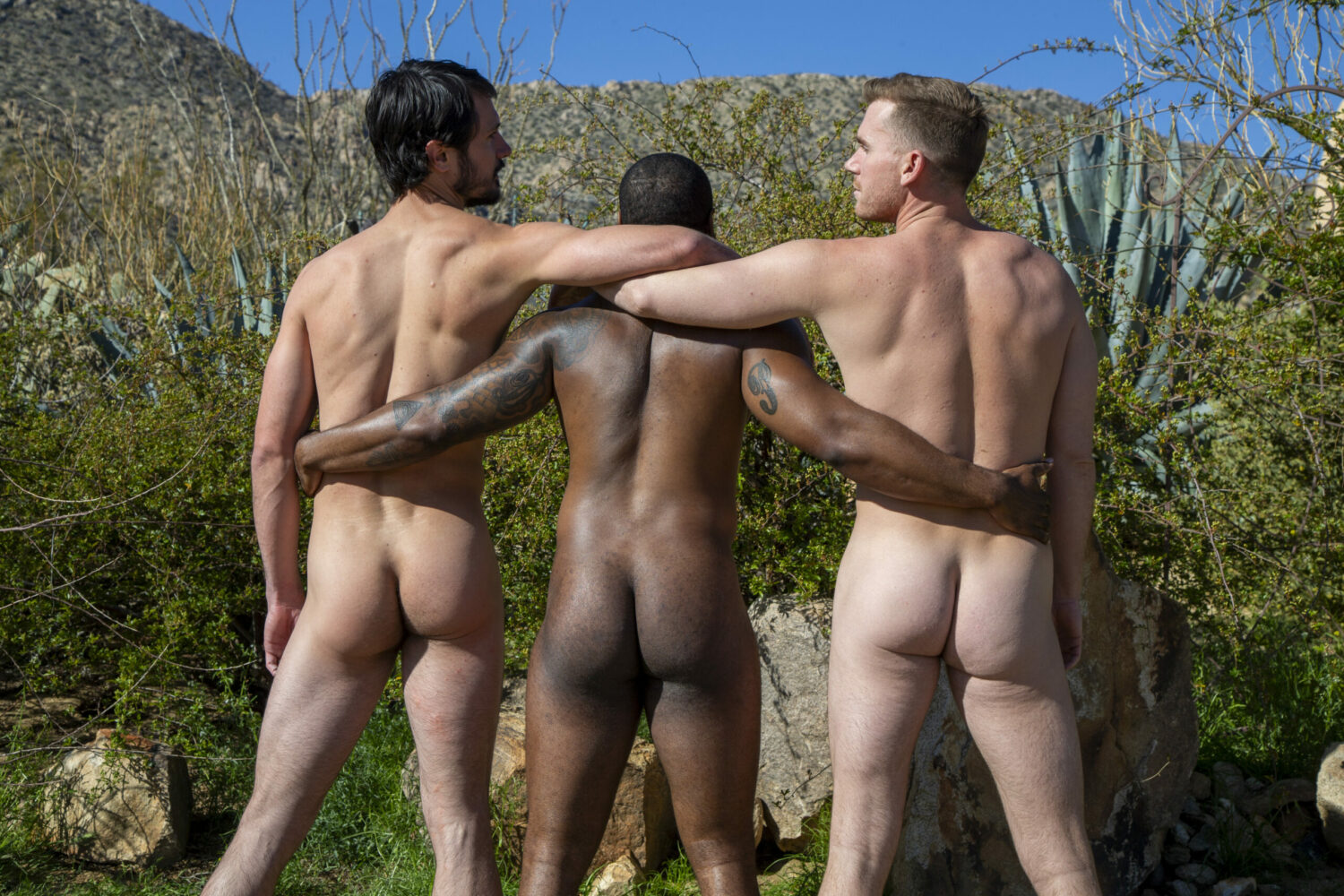
26.11.23
It’s nearly 2024 and it’s not entirely clear how the 2020s are going to go. Is there still time for them to live up to the social radicalism at the heart of the OG party decade? Let’s hope so!
High-spirited irreverence for anything and everything that preceded the Roaring Twenties liberated many people, particularly women. They were able to pursue previously unthinkable lifestyles and life choices.
If we truly want to live up to the original in this prospective Roaring Twenties reboot, two things are already clear: we must celebrate powerful new roles for women, and the Flappers must be men.
At the beginning of the twentieth century, women were in the early stages of a revolutionary struggle for personal freedom and social justice. They wanted to vote, to take control of their lives, and to break free from the many restraints of ‘traditional’ womanhood.
These oppressive restrictions – right down to suffocating whalebone corsets and endless layers of clothing designed to contort and constrict women’s bodies – reflected rigid prescriptions for acceptable ‘femininity’ that severely limited women’s ability to function in the home, in the workplace, in the bedroom, in society and in law.
Then came the Great War and the Spanish Flu. Alongside chaos, destruction and death, the first truly industrialised conflict delivered an earth-shattering indictment of patriarchal power and a global pandemic cast a pall over civilian populations everywhere. The rigid, blinkered paternalism of the Victorian age gave way to doubt, reflection and debate on what the future should be, leading to the profound social change of the 1920s.
No vision of the ‘Roaring Twenties’ would be complete without the Flappers, young women who wore short skirts (knee height was scandalously short at the time), bobbed their hair, listened to jazz, and flaunted their disdain for what was then considered acceptable behaviour.
Defying expectations of demure modesty with energy and exuberance, Flappers embraced a lifestyle viewed by many at the time as outrageous, immoral or downright dangerous. Now considered the first generation of independent Western women, they pushed barriers in economic, political and sexual freedom for women.
Flappers wanted to change society’s view of women by asserting their right and their ability to be as free as the men. They did things men did, to show they could do anything a man could do.
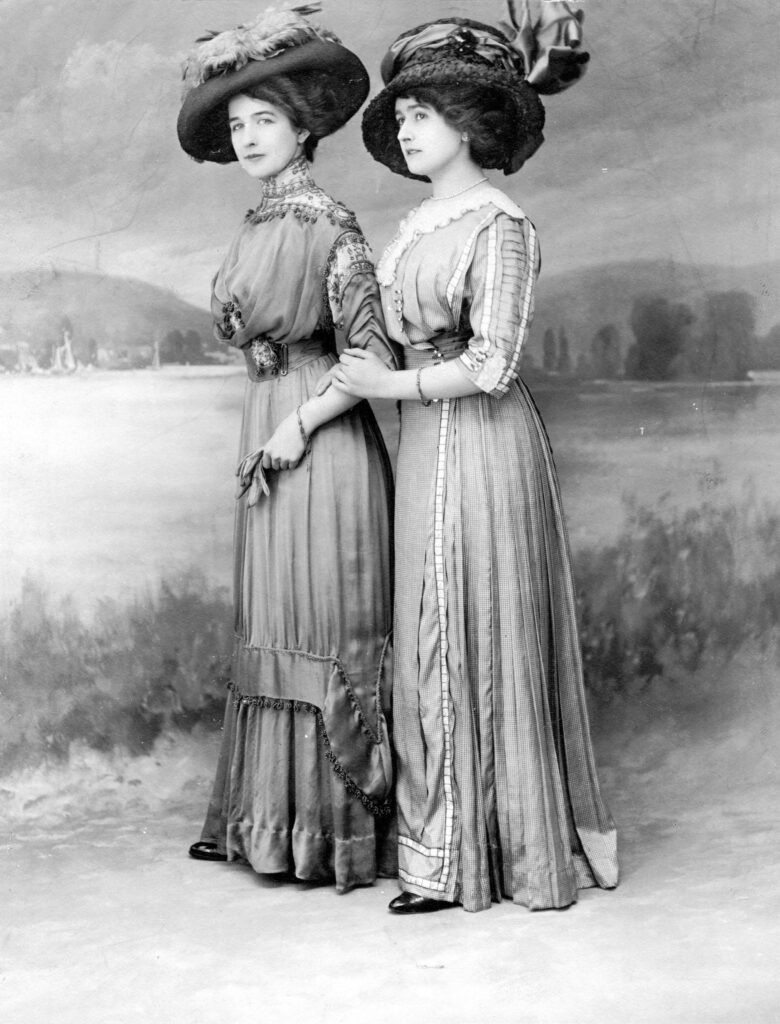
Incredibly, despite a century of struggle and progress, the emancipation of women is still far from complete. Nevertheless, women’s lives and life chances have changed beyond recognition, and generally for the better.
Men, by contrast, have responded quite differently to our long-running search for healthier self-expression within fairer social structures. Instead of recognising the need for a fundamental masculinity rebrand, they have offered only reluctant concessions to the feminist revolution. They push a pram here, wash a dish there, and bite their tongue from time to time if they remember. Mainly, however, (straight) men have seen little reason to question the status quo. This is disappointing but not surprising, since they were the main beneficiaries of the old regime. It helps explain why, a century after women saw the need to break out of jail, most men are still working in the prison system, locked up inside the toxic masculine equivalent of the oppressive femininity that the Flappers so marvellously rejected.
Whatever they might think, this faith in the Victorian values of hegemonic patriarchy has not served men well. Far from it. All the evidence and data have for some time painted a picture of men who feel increasingly lost and irrelevant in a world that, for reasons they do not quite understand, has failed to keep the promises that were made to them as boys. Dying regimes cling to past glories at their peril, and so it is with men. A century of opportunity for progress towards healthier masculinity has been frittered away. Like the once mighty factories of a bygone industrial age, men (especially straight white ones) have found they are no longer fit for purpose in a world that has inexorably changed. The speed of change is not slowing down, either. From #metoo to #blacklivesmatter to the explosion of diversity in gender and sexuality, patriarchal privilege and structural inequality are being called to account as never before.
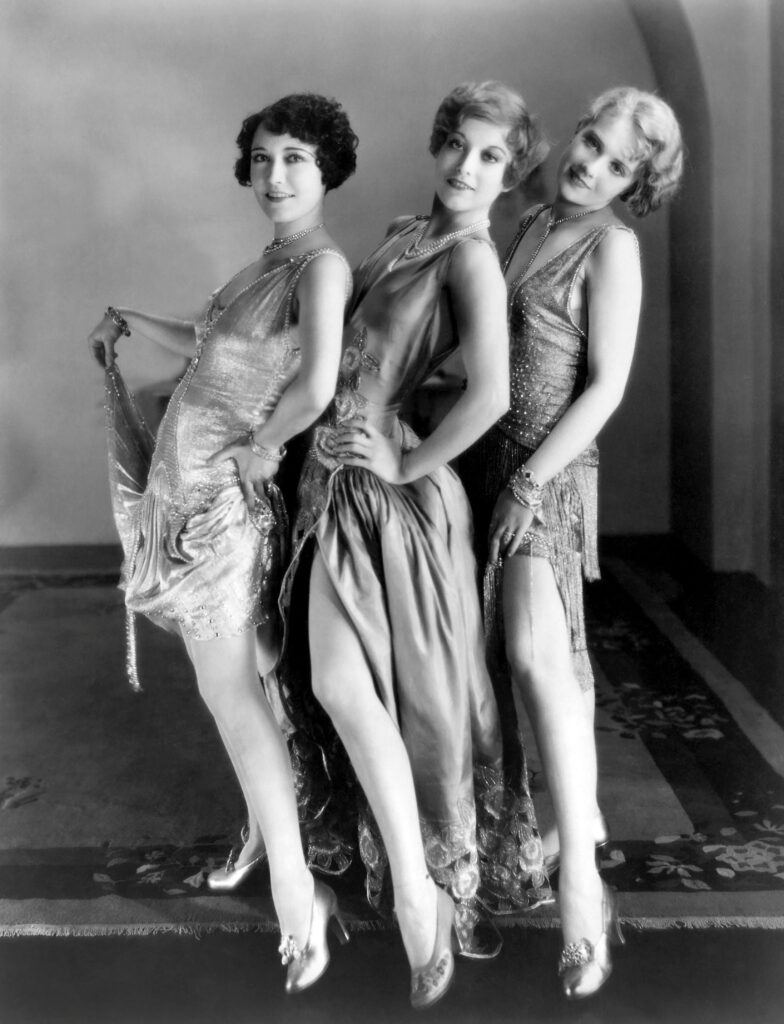
This time around, one hundred years after the roar of the exuberant Flappers first echoed throughout the Western world, it is men who must find the answers. So far, all those answers have been riffs on one theme: men must escape the constraints of ‘traditional’ masculinity to have any hope of leading full and meaningful lives.
It may be tempting for those of us who intersect with being female, queer or BIPOC to look on with glee as the big boss men who knocked us around now struggle to stay off the ropes. It’s a temptation we must resist. Instead, we should recognise that persuading men to ditch the outdated masculinity of the Victorian era will finally, fully unshackle us all.
That is why Barefoot Man has been developed over more than a decade to be part of a process of truth and reconciliation. Addressing a century of patriarchal prevarication, obfuscation and refusal to face reality, Barefoot Man offers men the platform and the support to take a stand, make amends and become part of the change the whole world needs to see. All while having a whole lot of fun, just as the OG Flappers did.
The Flappers of the 1920s expressed their freedom by ditching their corsets, cutting their hair, and wearing short dresses. One hundred years later, our men do it by confronting their privilege and taking off the heavy shoes of old school masculinity. Liberated from the physical and emotional constraints of traditional masculinity, they stand naked in front of the world, ready to be reborn as equals in a diverse, engaging and inclusive future.
Which brings us to the party! Freed from the prison guard uniform of patriarchal power, Barefoot Men can attend the shindig of the century as fellow guests. It falls to the rest of us to greet them warmly, maybe show them a few moves we’ve learned on the outside, and then enjoy a long overdue moment as these 21st century Flappers finally get on down.
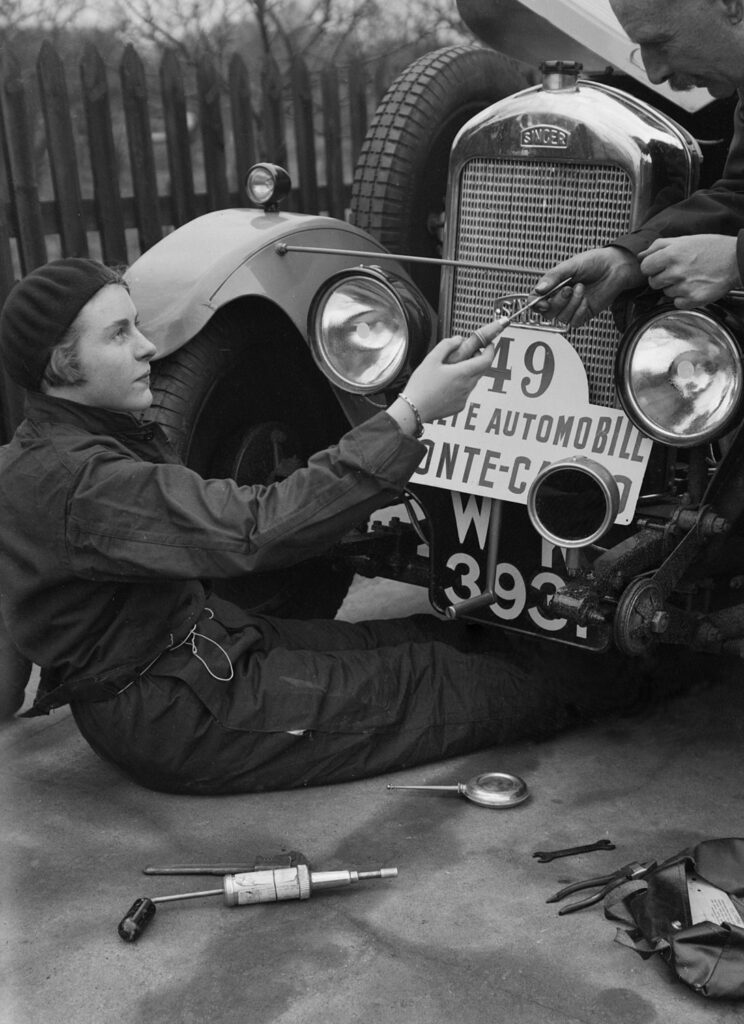
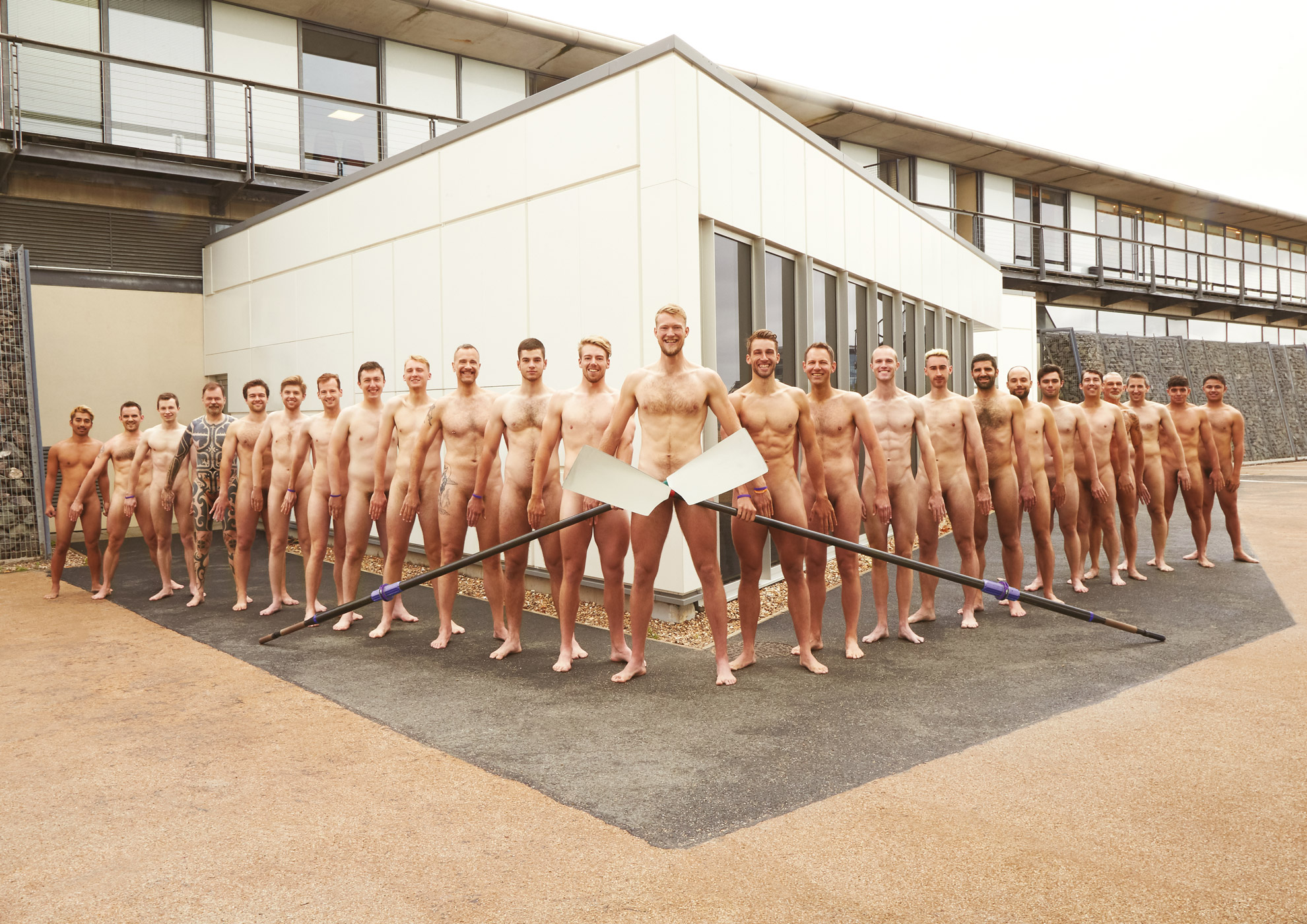
A Story by Chat GPT4 In 2040, the Olympic Committee was facing a crisis. Viewership had plummeted, and public interest...…
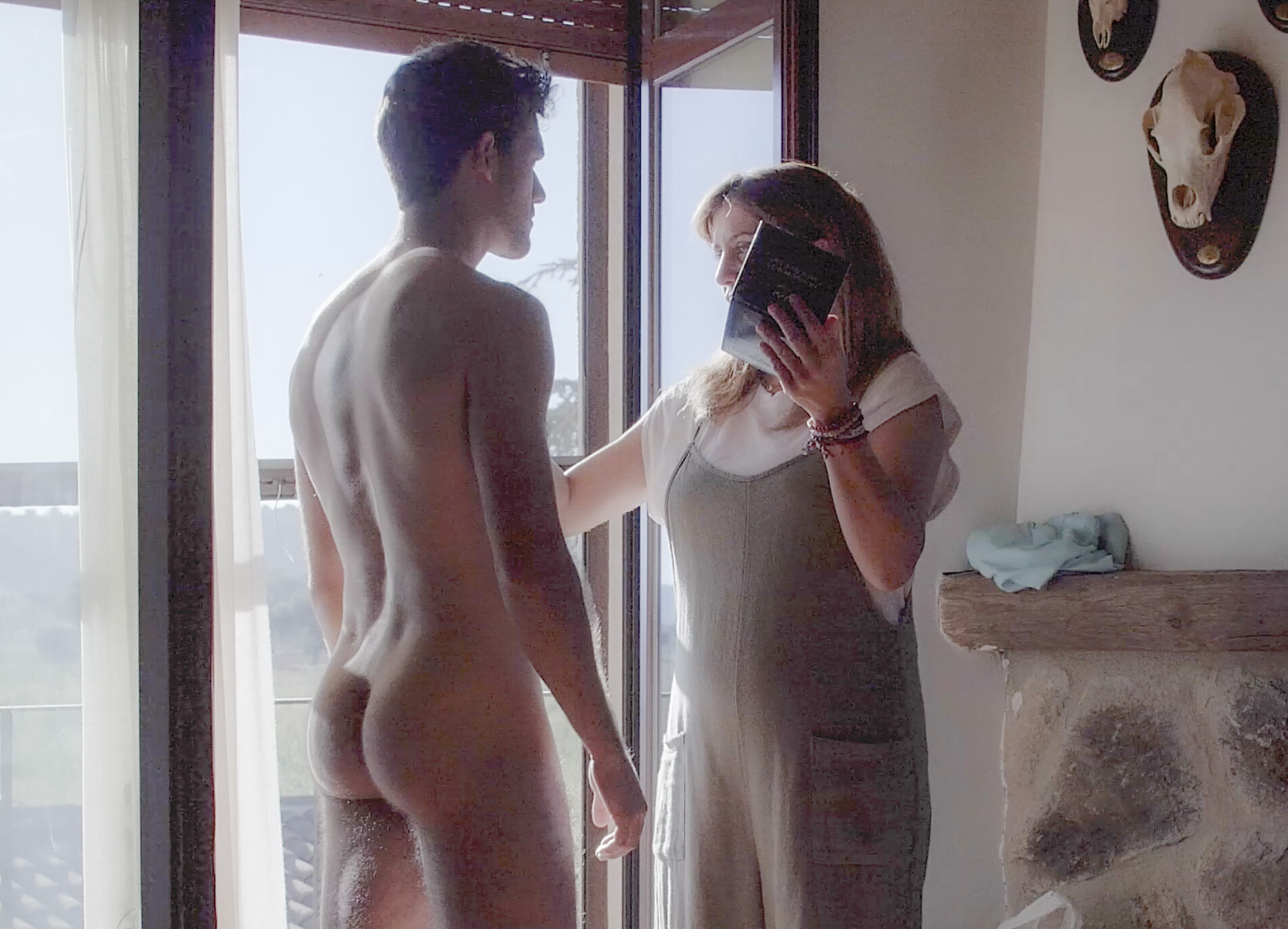
Barefoot Man cares about how we look at the naked body. That includes addressing the lack of gender parity in...…